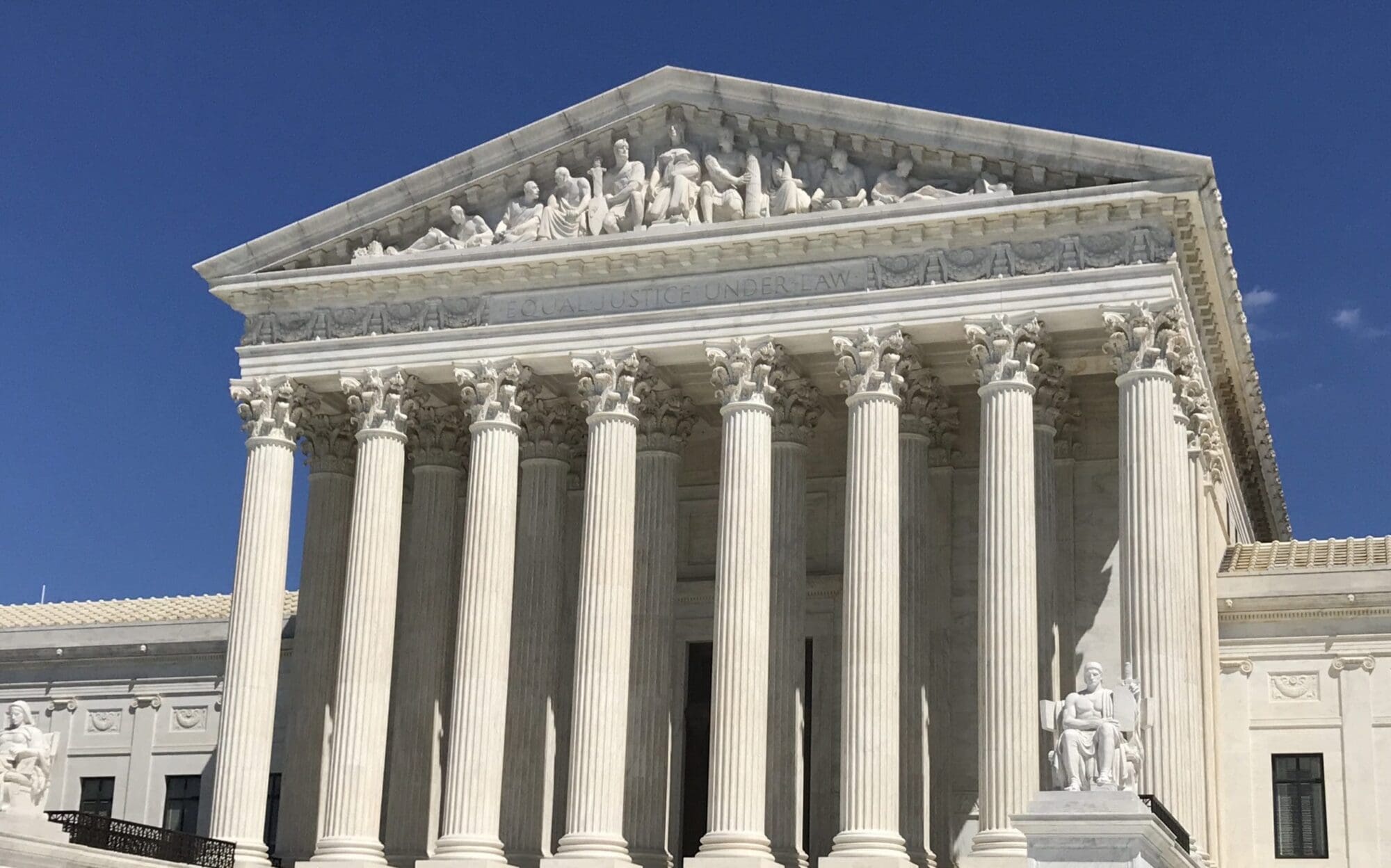After a half-millennium of living as a self-governing people, the ancient Israelites went to the Prophet Samuel and asked him to appoint a king. They soon learned the danger of getting what they wanted.
From the perspective of practical governance, no section of Holy Scripture is more interesting to me than that of 1 Samuel 8. This is where the people of God look around and demand that they be given a king like everyone else had. God warned them that the king would do bad things, and they responded—in essence—“Sold! We want that!”
Those bad things? High taxes, unnecessary wars, foreign control, loss of rights and property. The king would be serving himself rather than the people. Yet, the Bible recounts, the people eagerly signed on.
God made it clear that by rejecting self-governance, they were rejecting Him. Such is the state of the human heart that we so willingly trade heavenly gifts for earthly baubles!
Of course, the Law given to the people by God did indeed make a provision for a future king, but it was to be a king chosen at a time of God’s choosing for them and their benefit. God wanted the people to want God to provide what they needed when they needed it, not because they had grown weary of governing themselves.
God wanted the people to trust in Him. God wanted His people to know how to govern themselves before the installation of a king. God wanted the people to have something much better than a king in the form of the other nations; He wanted for them a King who served them. But the 450 years between the time they entered the land and when they made the demand on Samuel, the people demonstrated they were not ready for a king. The people had not yet shown a sufficient ability to govern themselves.
Much of the Bible can be read from the perspective of people refusing to govern themselves. It started in the Garden of Eden, where Adam and Eve had only one restriction. They were not to eat the fruit from one tree; they could have anything else. But they chose to pursue what was denied to them rather than enjoy what they had. Their lack of self-discipline affected (and infected!) all of us.
This plays out again and again in Scripture and in our lives.
The first three kings—Saul, David, and Solomon—made various messes of various things, all in keeping with the admonition from God. The arrogance of the fourth king, Rehoboam, led to the downfall of the united kingdom and—functionally—the end of Israel as a geopolitical entity for several millennia.
But let us be clear: the kings did serve a divine purpose. They demonstrated through their failings the kind of king God had in mind for them. One who comes not to be served but to serve; one who does not add burdens but takes them away.
Of course, we celebrate the arrival of that King of Kings during Advent.
Self-governance is as hard today as it was for the people of ancient Israel. We live in constant rejection of the system that God Himself gave us for our happiness and well-being under Him. But, in fits and starts, we have seen efforts to reclaim our heritage and birthright.
We find all too many of our countrymen still demanding a king, a strong ruler, or a wise leader rather than taking individual responsibility for living faithfully under God. Our Founding Fathers wanted us to look toward God and be a self-governing people. Will we?
Do we want to be governed over? Do we want rulers who serve themselves? Do we want to be servants? Or do we want something better?
Just as ancient Israel’s rejection of self-governance led to their fall, so can our embrace of it bring the blessings of liberty to ourselves and our posterity.





